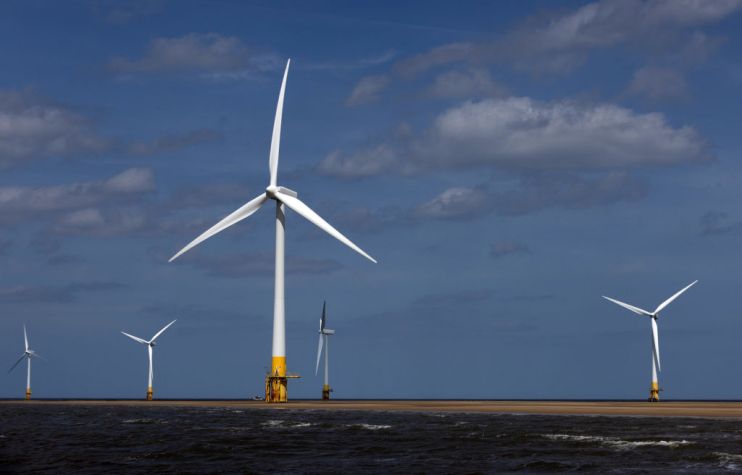E.ON backs ringfencing proposals as energy firms lock horns over market reforms

One of the UK’s largest energy firms has sided with Centrica in the escalating industry row over ringfencing customer credit balances.
Michael Lewis, chief executive of E.ON UK (E.ON), has lent his full support for the proposed reform to the energy market – revealing he “wholeheartedly” backed the concept.
He argued ringfencing customer credit balances would ensure suppliers were well-managed in the face of future market shocks.
Lewis said: “We wholeheartedly support the need to urgently establish rules to ringfence customer credit balances and more frequent collections of industry costs to ensure that customers’ money cannot be used as working capital to fund the business when they have no equity on their balance sheet.”
Ringfencing refers to an Ofgem proposal for energy firms to protect customer credit balances in a separate account, where the funds can only be used for buying energy supplies rather than for commercial operations.
This follows the collapse of 30 suppliers over the past year, directly affecting over four million customers.
Energy firms were exposed by the constraints of the price cap, insufficient hedging and poor management amid soaring wholesale costs after the pandemic.
The supplier of last resort process, which ferried customers from fallen firms to surviving suppliers, is expected to cost energy users £2.7bn – including the clean-up fee from lost credit balances, which has been estimated at £400m.
Lewis said: “It is unacceptable that companies were using this model and that is why we’ve had so many company failures and so much cost being transferred to every other customer. Where we need to get to is a market that has well capitalised, well risk-managed companies that are there for the long run and aren’t going to leave a trail of destruction when they fail.”
Advocates of the policy include British Gas owner Centrica, whose chief executive Chris O’Shea has been particularly outspoken in his support for ringfencing – which is a company policy at his firm.
He has argued it is vital customer’s money is protected by suppliers, to ensure collapsed firms don’t take energy users credit balances with them and drive up consumer costs in the market.
O’Shea has also criticised Ofgem last month after it opted to limit ringfencing requirements to 30 per cent of overall credit balances, until the outcome of a consultation this summer.
It has also been backed by Bill Bullen, chief executive of Utilita Energy, who considers it the “least worst option” for protecting consumer balances.
However, ringfencing has also been contested by multiple energy firms, including Octopus Energy, So Energy and Good Energy.
Octopus has warned ringfencing could add as much as £30 per year on to household bills, with suppliers forced to hike prices to smooth over their operational processes.
He argued that most energy firms are owed money by customers, rather than the other way round.
In his view, ringfencing would also do do nothing to address poor management and hedging -which he viewed as the key driver of the energy crisis.
Meanwhile, So Energy has warned ringfencing could stifle innovation and make the entry costs for new firms too high.
The debate over ringfencing comes ahead of winter, with Cornwall Insight forecasting the consumer price cap could spike to £3,244 in October and £3,363 in January, when energy demand is at its peak in the coldest months.